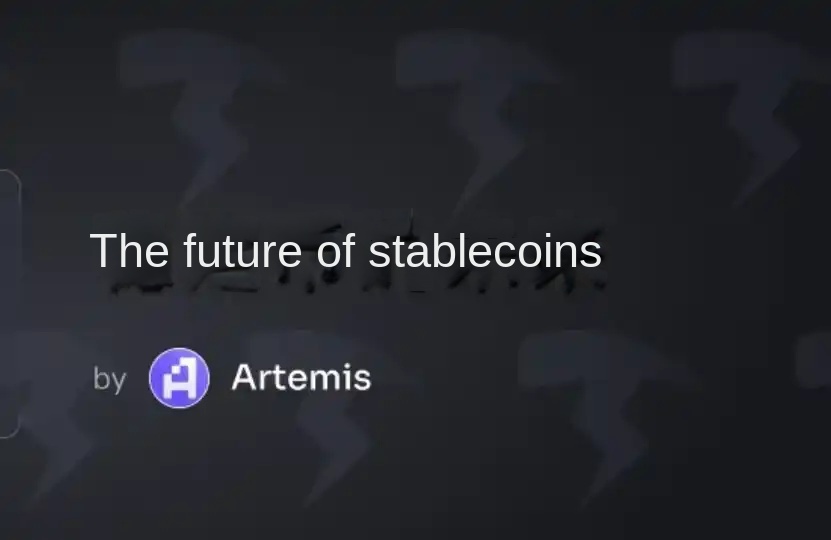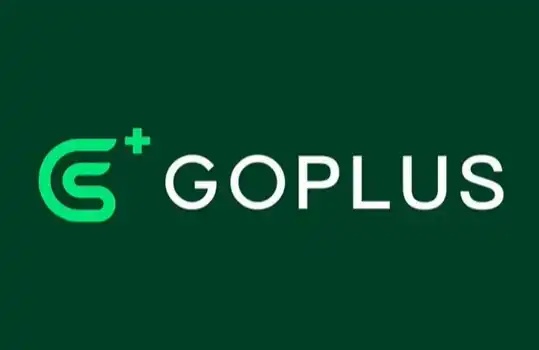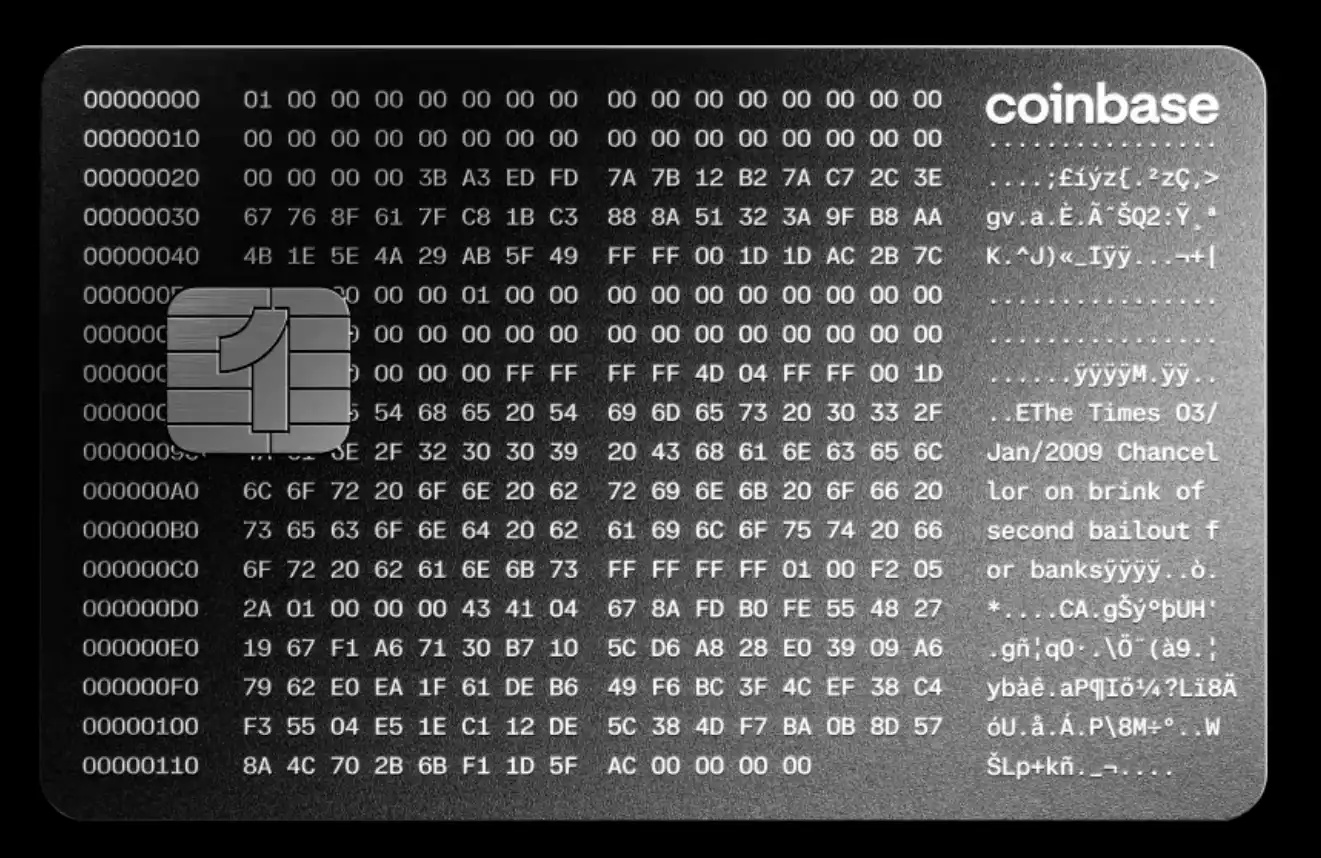AI altcoins become the new favorite of listed companies? Some go all in, others test the waters
Original Title: "The Wave of Public Companies Buying Crypto Has Reached AI Altcoins"
Source: DeepFlow Tech
Question MicroStrategy, understand MicroStrategy, become MicroStrategy. Since 2020, when MicroStrategy took the lead in adding Bitcoin (BTC) to its treasury reserves, an increasing number of U.S. publicly traded companies—and even global corporations—have followed suit. Holding cryptocurrency has undeniably become a visible trend among publicly traded companies, a phenomenon often referred to as the 'tokenization' of the stock market. By 2025, the number of companies holding crypto assets had skyrocketed from single digits to dozens.
However, this growing trend of corporations adopting crypto has splintered into multiple niche streams: Bitcoin remains the safest bet due to its unparalleled consensus; Ethereum (ETH) and Solana (SOL), with their widely recognized ecosystems, have also attracted a significant following. Now, this wave of corporate crypto buying has even extended to smaller-cap altcoins, such as AI-focused tokens like Fetch.ai's $FET and Bittensor's $TAO.
Looking back, ETH once experienced a single-day plunge of about 26.7% in June 2022, and SOL saw a 43% drop in November 2022 following the FTX bankruptcy. The fragility of AI tokens is even more pronounced—for instance, the launch of DeepSeek's open-source AI model led to a collective market pullback for on-chain AI agent tokens. Slightly larger market-cap AI tokens like FET and TAO have shown significant volatility, with their 30-day volatility averaging around 15% and 18%, respectively.
Can publicly listed companies reasonably bet on these higher-volatility altcoins?
Who Is Investing in AI Tokens?
To answer this question, let’s examine which companies are already backing these AI-related tokens and explore the strategies and risks behind their actions.
1. Interactive Strength (TRNR): Buying $FET, a Fitness + AI Leap
Interactive Strength is a Nasdaq-listed company primarily engaged in selling professional fitness equipment alongside digital fitness services under its two brands: CLMBR and FORME. Put simply, the company generates revenue by selling hardware products like fitness mirrors and climbing machines, complemented by associated fitness classes and a digital platform.

Recent data shows a market cap of approximately $8.4 million for the company. On June 11, it announced plans to allocate $500 million to purchase $FET tokens as part of its cryptocurrency treasury strategy. The company intends to utilize these tokens to support its AI-driven fitness products. CEO Ward explained that choosing FET over more widely held assets like Bitcoin reflects the company's plans to integrate Fetch.ai's technology into their product offerings.
Currently, Interactive Strength has secured a $55 million seed round from ATW Partners and DWF Labs. This capital was raised through what's called a "Securities Purchase Agreement." Simply put, the company sold shares to these investors in exchange for cash, while the purchased FET tokens are custodied by BitGo, a professional custody service provider. Additionally, the transaction opted for direct market purchases of FET rather than over-the-counter (OTC) transactions.
ATW Partners, a private equity giant, and DWF Labs, a seasoned market maker in the crypto space, had their reasons for investing. The answer may lie in aligned interests.
ATW is intrigued by TRNR's fitness+AI narrative, while DWF has its own market-making needs for $FET. In September 2024, DWF Labs received 10 million FET from Fetch.ai, deposited those FET on exchanges, and provided market-making services for the token. After all, if the full $500 million commitment is met, it could buy approximately 6.41 million $FET tokens (at the current price of $0.78 per token). Purchasing directly on the market might create positive price impacts in the short term.
The market seems to have reacted favorably to this news. On the 11th, TRNR's stock price rose by 15%, and $FET also gained 7%, though both have since slightly pulled back.

However, similar to other companies that previously bought ETH, TRNR's total market cap is only $8.4 million, making the $500 million funding goal for buying FET a tall order. They will need to gradually raise their stock price for further funding. If market sentiment cools or the $FET ecosystem fails to take off, this money could go down the drain. In the short term, this move feels like a gamble; in the long term, success may hinge on whether their AI fitness business has real-world applicability.
2. Synaptogenix (SNPX): Buying TAO, a Biotech Company Seeking a Turnaround with Big Connections
Synaptogenix is a biopharmaceutical company focusing on developing Bryostatin-1-based products primarily aimed at treating neurodegenerative diseases like Alzheimer's. The company has a current market cap of just $5 million. On June 9, they announced an initial $10 million investment to purchase Bittensor's $TAO tokens, with plans to scale up the purchase to $100 million.
Regarding funding, the initial investment comes from the company's existing cash reserves, with plans to raise an additional $550 million through a Series D private placement of convertible preferred shares. Much like MicroStrategy's approach, holders initially receive preferred shares (which come with fixed dividends) and can later convert them into common stock under specified conditions, such as when the stock hits a predetermined price. SNPX aims to attract institutional investors (hedge funds or family offices) through this structure.
The mastermind behind this crypto purchase is the well-known investor in the financial world, James Altucher.

James is a highly influential entrepreneur, investor, and best-selling author, having founded or invested in over 20 companies spanning across technology, finance, and media industries. He was also a hedge fund manager and participated in the early-stage investments of multiple startups. Long before Bitcoin gained mainstream acceptance, James actively advocated for the potential of blockchain technology and became one of its early supporters. During the crypto boom of 2017, he became known as the "Bitcoin Prophet" due to his prolific online advertisements.
Within SNPX's business strategy, James is responsible for designing and implementing the $TAO investment strategy. Specifically, he spearheaded the token acquisition plan, which includes a phased market buying method to optimize costs and identifying promising Bittensor subnets (like Subnet 1, focused on machine learning tasks) for staking to generate additional returns. Recently, he has been actively sharing the logic behind SNPX's acquisition of TAO on platform X, openly stating that purchasing SNPX stock is akin to buying TAO at half price.

The key advantage of having James onboard is his ability to leverage his network to attract private funding and institutional investor attention toward SNPX’s transformation as a pharmaceutical company. From the company’s perspective, the motivation for this shift stems from stagnation in its biopharmaceutical business. Clinical data for the Bryostatin therapy fell short of expectations, the FDA approval outlook is uncertain, and the stock price has been languishing for an extended period.
SNPX hopes to create asset appreciation through its $TAO holdings and the staking returns generated. Public reports even suggest plans to rebrand the company and its stock symbol to strengthen its positioning as an AI token player. Following the announcement on the 9th, SNPX’s stock price surged by as much as 40%, reflecting short-term market optimism regarding the transformation.
However, the initial $10 million investment exceeds twice the company’s market capitalization. If $TAO’s price drops below $300, the asset’s value could shrink by over 25%, indicating significant financial risks. The success of the $55 million private funding round heavily relies on James Altucher’s influence and overall market sentiment. If sufficient funds are not raised, the transformation plan might come to an abrupt halt. Moreover, the staking yields of $TAO appear less stable when compared to the token’s 30-day volatility of 18%.
This is clearly a high-risk, high-reward turnaround play.
3. Oblong (OBLG): Acquiring TAO, a Cautious Approach in the IT Sector
Oblong, Inc. (Nasdaq: OBLG) is a technology service provider focused on IT solutions and video collaboration technology. Its core product, Mezzanine, is a multi-user, multi-device visual collaboration platform widely used in corporate meetings and remote collaboration scenarios. The company’s market cap is approximately $5.3 million.
On June 6, Oblong announced it raised $7.5 million through a private placement to acquire Bittensor’s $TAO tokens and participate in its Subnet 0 staking program. Following the announcement, Oblong’s stock price surged by up to 12% but receded to $4.04 per share by the time of reporting.

The private placement involved selling approximately 1.98 million shares of common stock or equivalent securities, priced at $3.77 per share, which is lower than the current market price. This implies the company offered shares at a discount to attract investors. Based on current token prices, this funding could purchase roughly 1,890 $TAO tokens, which isn't a large amount.
However, this $TAO acquisition can be regarded as a strategic shift from the company’s traditional IT business to the AI and digital asset sectors. The video conferencing solutions market is highly competitive. While the company’s Mezzanine platform has carved out a niche in the video collaboration space, revenue growth since 2023 has slowed by around 5%, largely due to competition from platforms like Zoom and Microsoft Teams. Oblong's CEO, Peter Holst, stated that the intersection of AI and blockchain is critical for future innovation, with $TAO being viewed as a promising asset for crypto-based AI infrastructure, akin to the early institutional adoption phase of Bitcoin.
Additionally, the company aims to achieve asset appreciation through holding $TAO and staking rewards, while also exploring the development of software tools on the Bittensor network, such as AI-powered meeting assistance features. However, Subnet 0 within the $TAO ecosystem primarily focuses on text-input tasks (like natural language processing) in AI domains. Oblong’s decision to stake in this subnet has little direct connection to its video conferencing business, suggesting the move is more about staking returns and signaling strategic intent.
This initiative is largely a strategic experiment to assess the long-term potential of AI tokens.
Risk and Reward
The corporate trend of holding crypto has evolved from single-asset portfolios to more diversified options. However, unlike BTC, altcoins display significantly higher volatility. For example, in the case of TRNR, a project with an $8.4 million market cap planning to raise $500 million, a sharp decline in FET prices could turn high-leverage token acquisitions into a significant financial burden.
Regulatory risk is equally significant and should not be overlooked. For publicly listed companies, compliance should always be the top priority. The SEC has previously classified SOL as a security, while the compliance status of AI tokens remains uncertain. If regulations tighten, will companies holding these tokens face fines or forced liquidation?
Nonetheless, legal restrictions often act as a mere guideline, while capital invariably seeks profit. During this current window of opportunity, companies are racing to emulate crypto reserve strategies, likely with a calculated wager in mind: these are small-cap companies, after all, taking advantage of the capital markets' growing embrace of crypto assets to bet on the higher volatility of altcoins. Especially given AI's enduring narrative, if successful, the ROI could be significant.
Overall, the allocation of altcoins by publicly listed companies appears to be a high-risk, high-reward gamble. For small-cap firms, this represents a capital game betting on the future, with success or failure hinging upon market sentiment, narrative continuity, and the ability to achieve practical implementation.
As the altcoin bull market intersects with stock market dynamics, both companies and investors should remember: risk is intrinsic to high-volatility assets, while returns reward those who capture the narrative and timing.
Welcome to join the official BlockBeats community:
Telegram Subscription Group: https://t.me/theblockbeats
Telegram Discussion Group: https://t.me/BlockBeats_App
Official Twitter Account: https://twitter.com/BlockBeatsAsia
 Forum
Forum OPRR
OPRR Finance
Finance
 Specials
Specials
 On-chain Eco
On-chain Eco
 Entry
Entry
 Podcasts
Podcasts
 Activities
Activities









